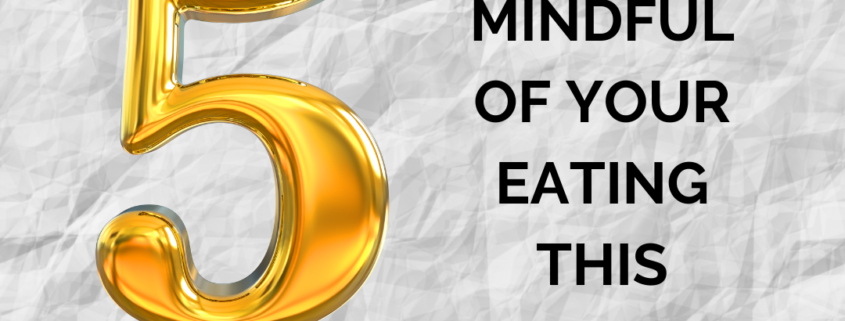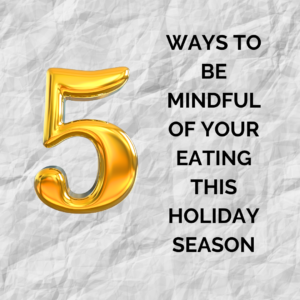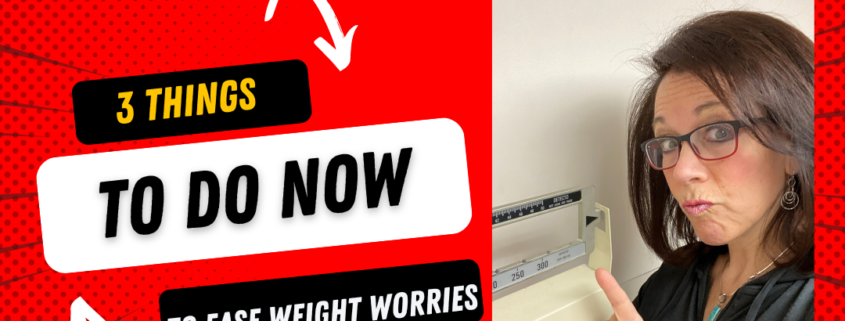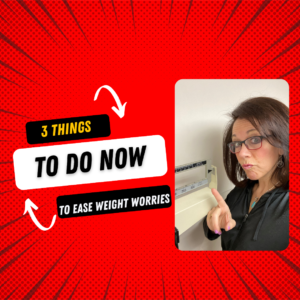3 Steps to Stop Emotional Eating (and an additional resource)
 This time of year can be hard for many people, with the long cold nights and the dreary days. You may lack energy, not be motivated to do anything other than sit on the couch or you may even feel sad. Winter is a depressing time for many people and your emotions may be heightened. A simple grievance might feel multiplied when the weather is bleak.
This time of year can be hard for many people, with the long cold nights and the dreary days. You may lack energy, not be motivated to do anything other than sit on the couch or you may even feel sad. Winter is a depressing time for many people and your emotions may be heightened. A simple grievance might feel multiplied when the weather is bleak.
When you are feeling sad, disappointed, or any negative emotion, you may feel tempted to comfort yourself with food. Food for many is the first reaction to negative emotions. The problem with this is, you are ignoring your body’s hunger and fullness cues. It’s easy to walk into the kitchen and grab a bag of chips or heat up a giant bowl of macaroni and cheese and eat it until your stomach hurts.
And what happens?
You are now uncomfortably full, and yet those negative emotions are still there. That is because you are putting a band-aid on the problem, instead of dealing with your emotions.
You may not even realize that you are emotionally eating. That is why it’s important to reflect on your eating habits. There are ways that you can identify if you are eating emotionally and things you can do to help prevent it going forward.
Here are 3 steps to get started:
- Identify your Triggers
Take a long hard look at your eating habits and discover what type of emotional eater you really are. What are your triggers that lead you to the cookie jar repeatedly? Do you find yourself reaching for your favorite foods when you are sad? If so, you are likely emotionally eating rather than eating for nourishment.
- Create a Plan
Create customized strategies to manage your emotional triggers. If you don’t tailor your strategies to your specific triggers, you will constantly jump from one strategy to the next, getting nowhere. In addition to customizing your strategies, it is imperative to learn how to feel your feelings, and to be okay with that. This is a tough thing to do, but you can do it with the right direction and support!
- Food as Nourishment
Use food as your ally. Instead of viewing food as your enemy, like most chronic dieters and emotional eaters do, take a step back and realize that the right nutrition can help you balance your brain chemicals and regulate your blood sugars to best manage your moods, emotions, and stop your cravings.
If this resonates at all and you’d like more support, look at this resource that I have for you.





















